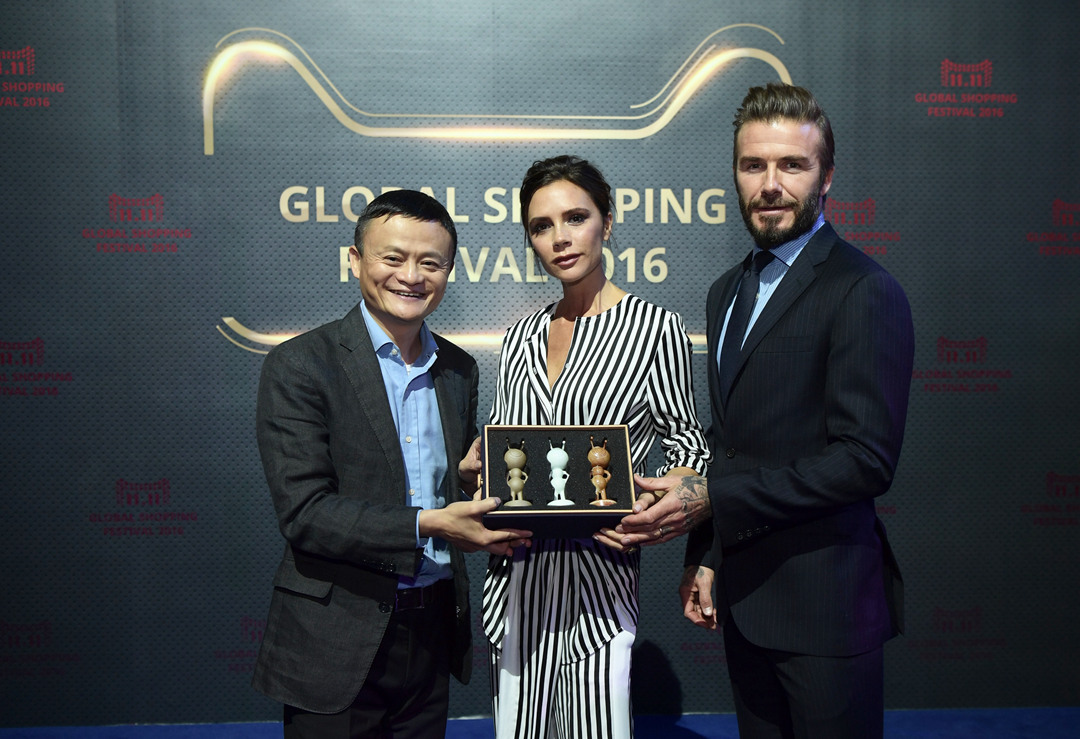The United States on Wednesday returned Taobao, China's biggest e-commerce platform, to a blacklist, citing its sales of counterfeit goods and intellectual property rights violations.
It is the second time that the US Trade Representative’s office (USTR) blacklisted the Alibaba-owned website for selling fake goods.
Current levels of reported counterfeiting and piracy were "unacceptably high," the USTR said.
Taobao was not doing enough to curb sales of fake and pirated products, the statement said, citing complaints from US and international trade groups.
Taobao was first put on the USTR blacklist in 2011 but removed a year later, after it made efforts to address the concerns of intellectual property rights holders, and committed to cutting the number of pirated and counterfeit goods on its website.
Wednesday’s action does not carry any direct penalties, but is a blow to Alibaba's efforts towards shedding perceptions that its websites are riddled with fakes.
The Chinese e-commerce giant, which has achieved remarkable domestic success, has been looking to gain a bigger international customer base and take on a bigger market share from global competitors such as eBay and Amazon.

VCG photo.
For this year’s Singles’ Day shopping spree, it broke its sales record with 121 billion yuan (18 billion US dollars), a rise of 32 percent on last year’s sales which were worth 14.3 billion US dollars.
Change of ‘climate’?
The company has expressed disappointment with the USTR move, questioning if it was influenced by the current political climate.
Alibaba Group President Michael Evans said in a statement the company was "very disappointed" to be put back on the list as it was far more advanced in protecting intellectual property rights than it was four years ago. He added that the decision ignored Alibaba's work to remove more than twice the number of product listings this year than in 2015.
"We question whether the USTR acted based on the actual facts or was influenced by the current political climate," Evans said.
On Wednesday, Donald Trump named Peter Navarro, an economist who has previously called for a hard line on trade with China, to head a new White House-based trade council. The nomination comes amid concern over the direction China-US ties could take under Trump, who sees China as a major factor behind the huge US trade deficit.
The Chinese government has rejected such accusations, calling for a continuation of stable China-US relations.
(Story with inputs from Reuters)









